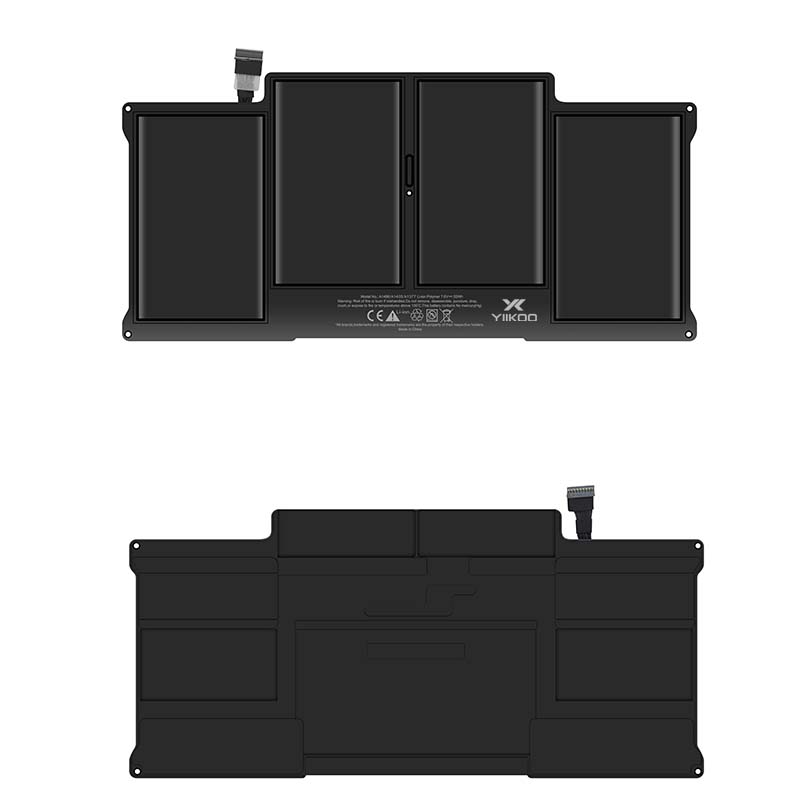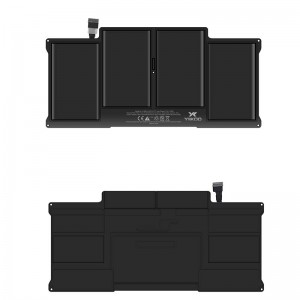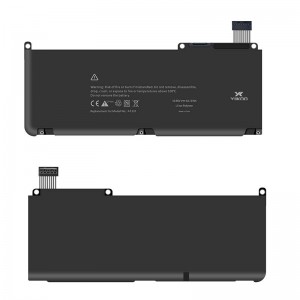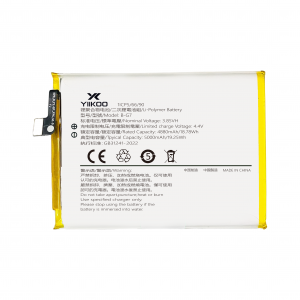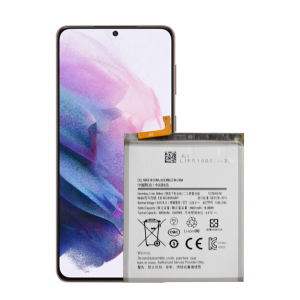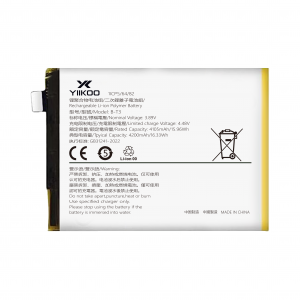2023 Best Original Capacity 55Wh A1496 CE FCC Batteries For Macbook A1369 A1466 7.6v Battery
Detailed Picture
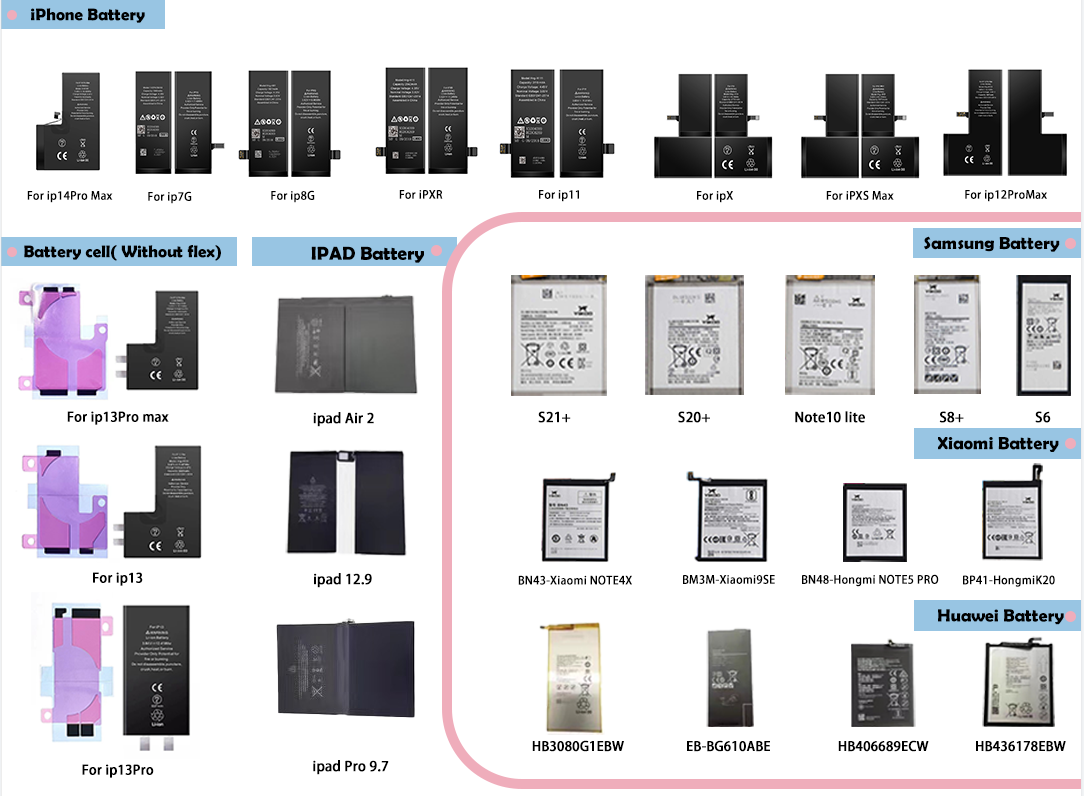


Description
1. Recycling Laptop Batteries: Laptop batteries are considered hazardous waste and should not be disposed of with regular trash. Instead, they should be recycled properly. Many electronic stores or various recycling centers accept laptop batteries for recycling.
2. Battery Warranty: Most laptop batteries come with a warranty. Be sure to check the warranty terms and conditions before purchasing a replacement battery, as some warranties may become void if the battery is not used, stored or charged properly.
3. New Batteries vs. Refurbished Batteries: When purchasing a replacement laptop battery, you can choose between buying a new or refurbished battery. New batteries typically come with a higher price tag but are guaranteed to work well. Refurbished batteries are less expensive, but their condition can vary, so it is important to purchase them from a reliable source.
4. Battery Compatibility: Laptop batteries come in different shapes, sizes, and voltages. Make sure to purchase a battery that is compatible with your laptop make and model to prevent any compatibility issues.
5. Battery Health Monitoring: Many laptops come with built-in software that allows you to monitor the health of your battery. This feature can help you keep track of how much life your battery has left and can alert you if there are any issues.
6. Power-Saving Settings: Adjusting your laptop's power-saving settings can help extend your battery life. You can adjust settings like screen brightness, Wi-Fi connection, and sleep time to help conserve battery power.
7. Unplug Your Laptop: When your laptop is fully charged, unplug it from the charger. Keeping your laptop plugged in for extended periods can cause damage to the battery and shorten its life span.
8. Don't Leave Batteries Unused: If you have a spare laptop battery, don't leave it unused for extended periods. Lithium-ion batteries can lose their charge over time, even when not in use. Be sure to use your spare battery periodically to keep it charged.
9. Avoid Extreme Temperatures: Do not expose your laptop or its battery to extreme temperatures. High temperatures can cause your battery to degrade faster, while low temperatures can cause the battery to stop working altogether.


